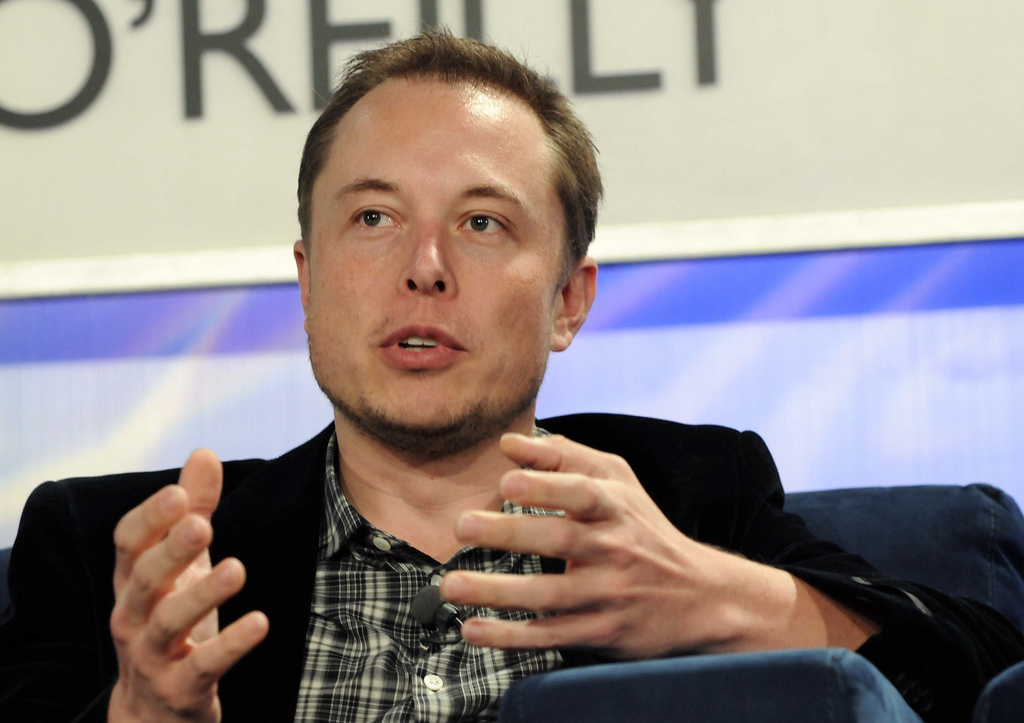Let's not pretend that Elon Musk's idea to bypass LA congestion by building a tunnel under the city -- first Tweeted out while he was apparently stewing in traffic -- is at all practical or worthy of serious consideration.
But it is good for ridicule.
Burying highways under cities isn't a new idea. Boston's "Big Dig" became shorthand for "infrastructure boondoggle" for a generation. A similar project underway in Seattle is shaping up to be nearly as big a fiasco.
Even if boring under cities to add highway lanes was cheap and easy (this is Musk's big tease -- that he's somehow going to revolutionize the process), it still wouldn't solve the problem. But Musk doesn't seem to be aware of the law of induced demand, writes Leah Binkovitz at Rice University's the Urban Edge:
Then there’s the effectiveness of tunnels as a solution to traffic.
“A tunnel wouldn’t reduce traffic. Nor would a new highway, or five new highways,” wrote Alex Davies for Wired. “Blame the law of induced demand, which says the more roads you build, the more people come out to use them. As Gilles Duranton and Matthew A. Turner write in The Fundamental Law of Road Congestion: Evidence from US Cities, ‘[Vehicle-kilometers traveled] increases proportionately to roadway lane kilometers for interstate highways.’ In other words, mo’ tunnel, mo’ traffic.”
To further add to the speculation, just days ago, Musk hinted on Twitter that he may be interested in combining his tunnel boring technology with his much-hyped Hyperloop system, his proposed mode of transportation that would allow people to travel in pods at speeds faster than airplanes.
Does it all seem confusing? Even Musk agrees. “We have no idea what we’re doing. I want to be clear about that,” Musk told a crowd last month,
If LA has learned anything from its recent experience widening the 405, it will run the other way from this idea. After $1.6 billion was spent on a carpool lane, data shows the road is as congested as ever.
More recommended reading: Plan Philly reports that a local council member's move to make sidewalk furniture subject to special approval was rescinded after public outcry. And in light of a particularly bad bike bill in the Minnesota statehouse, Streets.mn considers what a thoughtful proposal to improve the safety of cyclists would look like.






